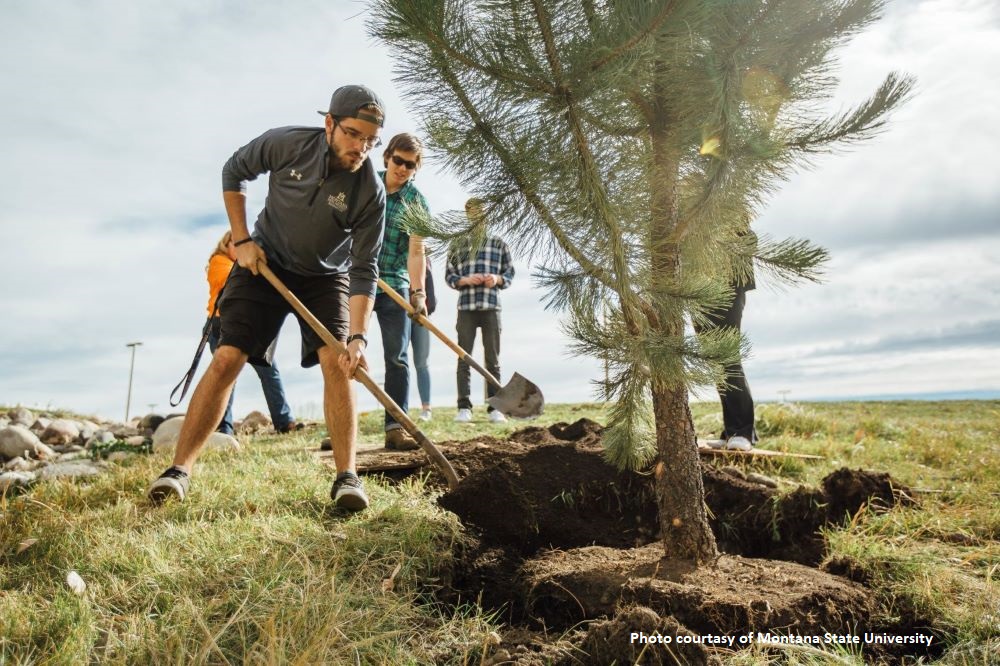Adapted from a paper presented at the World Gifted Conference, 2019.
How do honors college students spend their time compared to other students? Previous research suggests that honors college students are more engaged in certain ways: more frequently interacting with faculty, reflecting on their learning, learning collaboratively, and reporting higher quality of interactions (Miller & Dumford, 2018). Most honors programs include more academically rigorous versions of general education courses, usually with smaller class sizes, that are often prerequisites to more demanding courses. A recent review of honors curricula found that most have required independent research elements, but there is more variation in internships, service learning, and study abroad (Cognard-Black & Savage, 2016). Given these characteristics, one might expect honors college students to allot more time to studying, in turn sacrificing time for other types of (nonacademic) activities.
This study uses NSSE data to extend research on student engagement for honors college students in higher education. Responses from 8,672 first-year and senior students at 27 different U.S. colleges and universities in the 2017 NSSE administration were analyzed to compare time use on a variety of activities for honors and non-honors students. As part of an experimental set, an additional demographic item asked whether students were currently participating in an honors college or program (with 21% of students responding "Yes"). The core NSSE instrument includes items asking about time use in multiple areas: preparing for class, participating in co-curricular activities, working for pay on and off campus, doing community service or volunteer work, and relaxing or socializing.
Summary of Results
| Do First-Year Honors Students Spend More Time? | Do Seniors Honors Students Spend More Time? | |
| Preparing for class | No | No |
| Participating in co-curricular activities | No | Yes |
| Working for pay on campus | Yes | Yes |
| Working for pay off campus | No | No |
| Doing community service or volunteer work | Yes | Yes |
| Relaxing and socializing | No | No |
A series of ordinary least squares regression models with effect coding were conducted to determine whether honors college participation predicted how students spend their time, even when controlling for several other demographic and institutional characteristics. The results suggest that honors college participation is a significant positive predictor of spending more time working on campus and community service for first-year students, and co-curricular activities, working on campus, and community service for seniors. However, honors students were not found to spend more time preparing for class, working off campus, or relaxing or socializing than their peers.

So how are honors students spending their time? Does this reflect expected curricular and programming requirements? These patterns suggest that honors students are not spending every moment studying, nor are they spending all of their time partying. They are comparable to their peers when it comes to preparing for class as well as relaxing and socializing. Therefore, participation in honors should not be a deterrent to those worried about the experience being "all work and no play." Honors students do, however, spend more time working for pay on campus and in co-curricular activities; this could be due to a sense of community integration and encouragement for involvement within their honors programs. More time spent on community service and volunteer work reflects programming for many honors colleges, which may be a requirement for some. It may also be the case that some of these findings are due to better overall time management skills for honors students, but more research on this topic is needed in the future.
Miller, A. L. (2019, July). Do Honors Students Study More? Exploring Patterns of Time Use for Honors College Students. Paper presented at the World Gifted Conference, Nashville, Tennessee.


